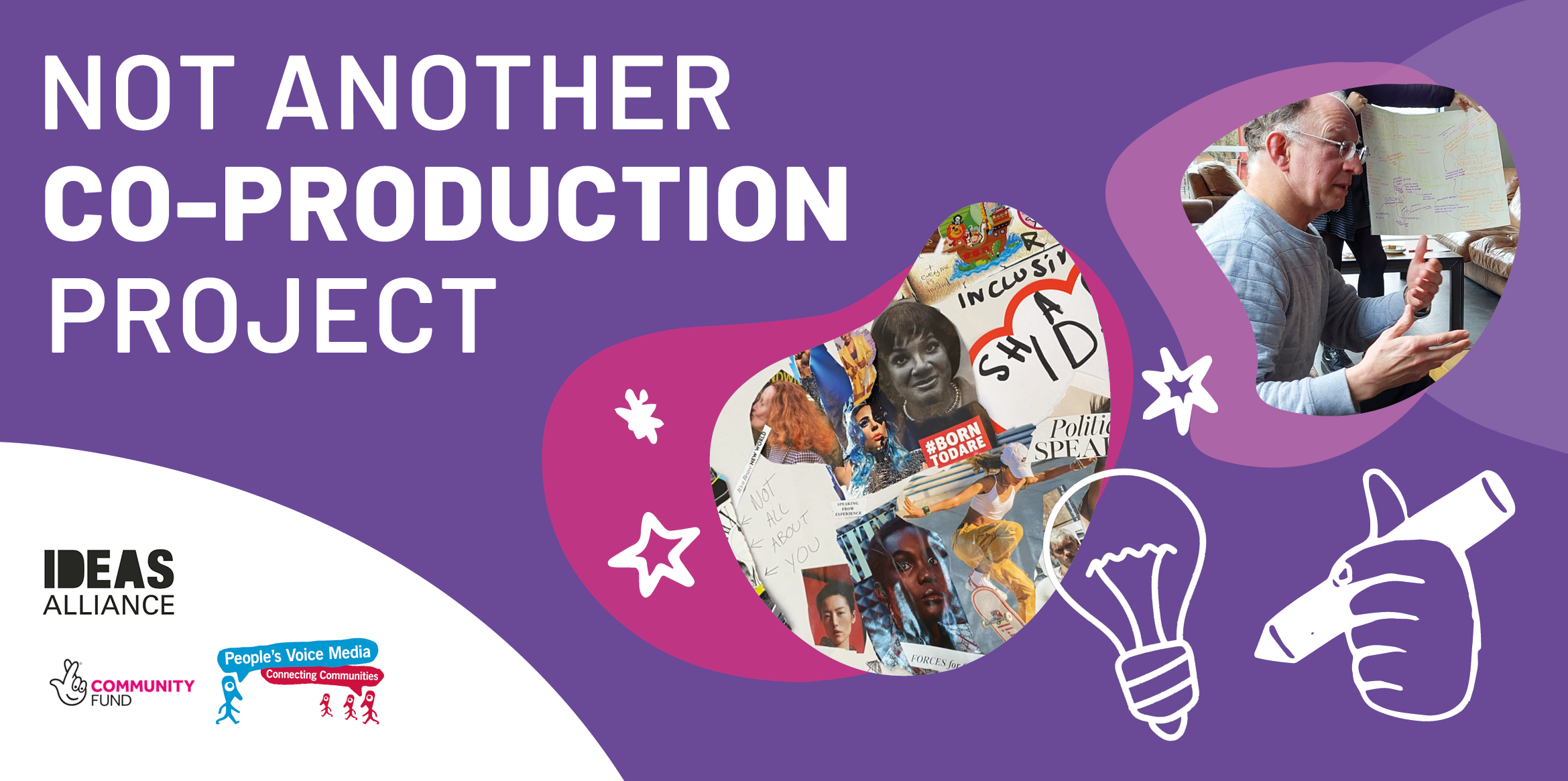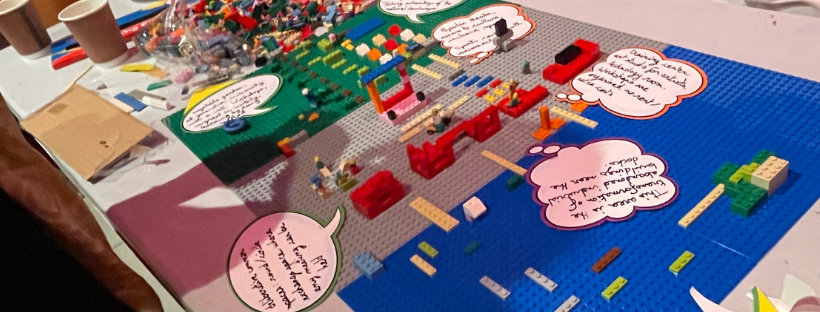Social media provides a window into current debates, social issues and topics that are relevant to communities. Whilst social media is not necessarily a reflection of society and, like traditional media, they are a distorted representation of current trends rather than a mirror image, they can still help us to understand what is happening in society. Social media accounts connected to social movements can provide us with signs of what issues and debates are pertinent to people (as opposed to institutions). They offer us a glimpse of emerging forms of citizen participation and action.
Such content can be useful for thinking about the future. As part of EUARENAS, we used social media posts and aspects of the Delphi method to explore the future of democracy in Europe. Three national studies were undertaken in the UK, Finland and Poland, with a fourth study taking place with experts from across Italy, Hungary and Portugal. The results of this work, are summarised in this blog post.
Signals for the future: UK
This study suggests that co-production – not faux-production – could be a vital tool for enabling participation in democracy, particularly for people who are currently excluded. To enable inclusion in democratic action, inclusive language is needed (e.g., language that is simplified, jargon-free and not academic). More so, there should be an emphasis on independent voices sharing stories and lived experience as part of these processes so that different perspectives and types of knowledge are included and valued. The work also highlighted a need to ‘join-up’ grassroots movements with more mainstream democratic organisations in order to progress agendas – at present people seem to be in their silos and progress is not as quick as many would like. Thus, an emphasis on calls to action is needed – not just awareness-raising.
Signals for the future: Finland
The social media content demonstrated that there are rising demands for equality, inclusiveness, sustainability, and all-round approaches in democracy. However, there is a polarisation of political views on social media sites that work against this. They are being used as opinion-sharing platforms, rather than spaces for people to exchange ideas. The experts felt it is possible to reimagine how technology like social media can create spaces that promote dialogue between different perspectives. This connects to a ‘call for action’ within the social media posts themselves – a need for education on critical thinking was identified. This could support people to better understand and assess information and media content, as well as engage in public discussions and not become entrenched in their position/perspective.
Signals for the future: Poland
The study suggests that the financial crisis and the war in Ukraine make it seem less possible for citizens to engage in democracy. More so, the posts also displayed a sentiment of a lack of trust in any type of media and in governance structures – this was also expressed by the experts themselves. In a similar way to the findings from the UK, the posts and expert discussion around them identified that there is a lack of inclusive language on social media when talking about democracy. To engage with the general public it was felt that posts should be simple, not academic and gender-equal. Furthermore, like in the UK work, the posts highlighted a sense that talking was not enough, action needed to be taken – there was an urgency around this, perhaps ignited by the invasion of Ukraine. Finally, like in Finland, the social media content identified a strongly polarised “discussion” concerning democracy. This polarisation is something that local democracies need to address to build stronger communities and cohesion in the future.
Signals for the future: Multi-location (Italy, Hungary and Portugal)
This study highlighted how local administrations need to mirror the bottom-up process of citizen engagement displayed by associations, neighbourhood committees and active civic initiatives. However, there is space to innovate in this arena. Participatory projects are focused largely on urban parks or the management of the green areas – these need to spread to all aspects of the community. It was felt that people who give time to such initiatives need to be recognised with rewards or pay back schemes. Finally, in terms of education, this work identified that support is needed to help people and organisations to utilise social media as an effective means of building campaigns.
So, what are the key takeaways for building a better future for democracy?
- Inclusive language – Remove the initial barrier to entering into this conversation by making language (text and visuals) more accessible and inclusive when discussing democracy and/or promoting initiatives.
- Collaboration as the norm – Breaking down the silos between different groups, organisations and institutions and embedding ‘alternative practice’ within existing systems to catalyse change.
- Creating critical, curious minds – Using education and learning as a tool to equip people with the skills to assess content and information in the digital world, and develop the capacity to stay curious, seek to understand different perspectives and be open to changing their mind.




